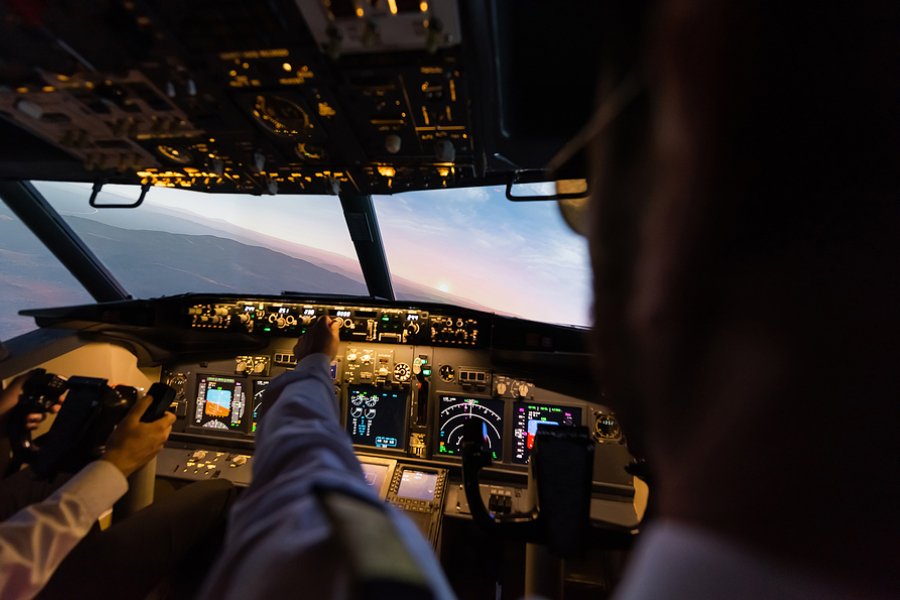Full-Time or Part-Time: How Should You Tackle Flight School?
Learning to become an aviator for a career or to fly private jets in Singapore as a hobby is generally not dictated by any fixed study path. Pilots can complete flight school through a composition of part-time, full-time, and modular training programs. Personal circumstances typically determine one’s study pathway with regard to their available time, funding, and type of qualifications desired.
In most cases, licensed pilots attain their certifications via a mix of part-time and full-time flight training. The former option means students can continue with their careers while progressing in their training, albeit at a slower pace than studying full-time. While there are various types of licenses students can work towards, the most prevalent is a Private Pilot License.
Private Pilot License (PPL)
Students content with achieving a PPL can opt for part-time flight training as it generally has a lower requirement for the number of flight hours (40 flying hours at minimum) and minimal theory instruction time. In this way, they can work on theory and ground course requirements during the evening while making progress on their flight training on the weekends.
Understanding the Pros and Cons of Full-Time and Part-Time
1. Personal Commitments
Students opt for part-time flight training mainly to keep their current jobs while undergoing training. This leads to the benefit of better financial management during training and little to no conflict with one’s family and lifestyle commitments. With that said, part-time flight training may lead to slower progress and a prolonged timeframe in flight school.
On the other hand, full-time flight training involves regular repetition and application, which means quicker proficiency development. Muscle memory is retained, and no extra hours are needed to regain the learnings lost due to the gaps between lessons. This will result in a shorter timeframe in flight school, but it may be more costly and cause conflict in one’s family and lifestyle commitments.
2. Flexibility
Part-time flight training offers greater flexibility as students can start and stop at any time, tackle theory courses at their own pace, add extra Ratings, and fly at their convenience, making the commitment needed to achieve their pilot’s license less daunting. Part-time training can be adjusted to cater to one’s time constraints and financial commitments and allow for a more personalised schedule.
However, this flexibility also has its downsides regarding factors such as instructor and aircraft availability. For example, students may be available for the weekend, but their instructors or aircraft may not be.
3. Risk of Burnout
It is no secret that flight training requires immense dedication and perseverance to accomplish. Wrapping one’s head around the complexities of flight may be overwhelming for some. Applying them in actual flight during training may also lead to burnout and a higher risk of mistakes if downtime is not incorporated into training.
With part-time flight training, pilots can take time away from the flight school environment to reset and come back to the controls with fresh minds, ready to tackle new lessons and theories.
Conclusion
Full-time and part-time flight training has merits and shortcomings, but it is ultimately up to the student to choose which option suits their goals and career aspirations. Remember, there are no regulations on how long flight training should take. Therefore, if speed or starting a career are your priorities, a full-time flight training program is the way. Conversely, part-time training is the more sensible choice for those wanting to retain their jobs and prefer a more flexible training schedule.
No matter which option you choose, WingsOverAsia’s all-inclusive private flying lessons can accommodate the training you need to achieve your goals upon becoming a licensed aviator. Our dedicated instructors and the tailored curriculum ensure all your bases are covered in regard to being a good pilot, which serves as the stepping stone that lets you soar higher in your aspirations for the world of aviation. In addition to flight training, our renowned services include aircraft sales, FBO facilities, ground handling, and private charter flights in Singapore. Don’t hesitate to contact us today to learn more about our flight training and other services.

